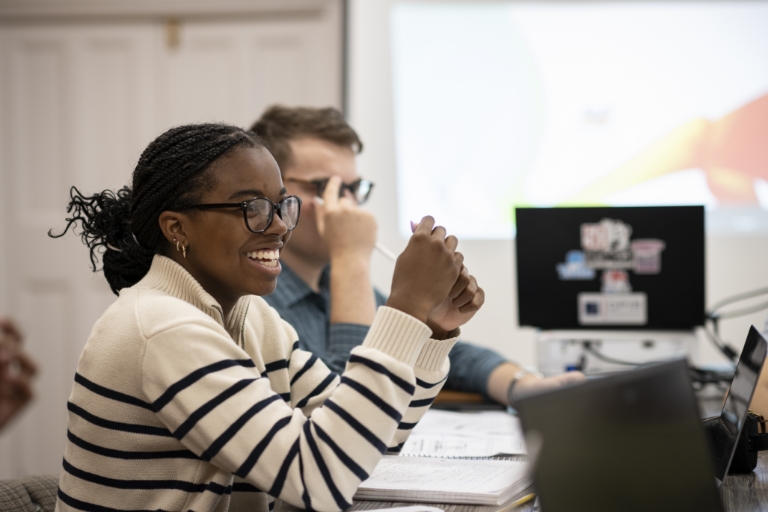- Oxford Academia at:
- 2026 Sessions:
- Eligibility:
- Typical Seminar Size:
The principles of psychology permeate our lives every day, often in ways we don’t realize. How do we decide what to do? How much of who you are is determined by your family, your gender identity, or your friends? Understanding human cognition, emotions, and behavior allows psychologists to better predict how we may behave in specific situations, why we think the way we do, and how emotions impact our interactions with our world. Begin by learning the basic goals of psychology, then examine theories that attempt to explain the many aspects of personality and behavior. Observe and describe human behavior, attempt to explain why specific behaviors occur, predict what may happen in the future, explore ways to control future behaviors, and work to turn negative behaviors into positive actions. While psychology is not an absolute science, there are ways to research, experiment, and categorize behaviors in order to better understand the signs and symptoms of psychological disorders, and the impacts individuals have on society. Explore concepts through the lens of behavioral, trait, and multicultural theories and relate them to your own experiences. Learn how biology and psychology intersect to create unique individuals. Through readings, discussions, films, experiments, and activities, explore the basic foundation of psychology and evaluate your own decisions from a new perspective.

FEATURED FACULTY
Millie completed her undergraduate degree at the University of Bath (in the UK), where she studied psychology with a particular interest in clinical psychology and cognitive neuroeconomics. As a student, Millie completed an internship year where she helped to develop a new smartphone application that collects decision-making data, which is now being used in multiple psychology and neuroscience studies taking place across both the UK and the U.S. She has also spent a year abroad living in Tokyo, where she was able to travel Japan while improving her Japanese fluency. Since graduating, Millie now works as a research assistant in the Yale Department of Psychology, helping to research mood disorders and how aging can affect our decision-making.

